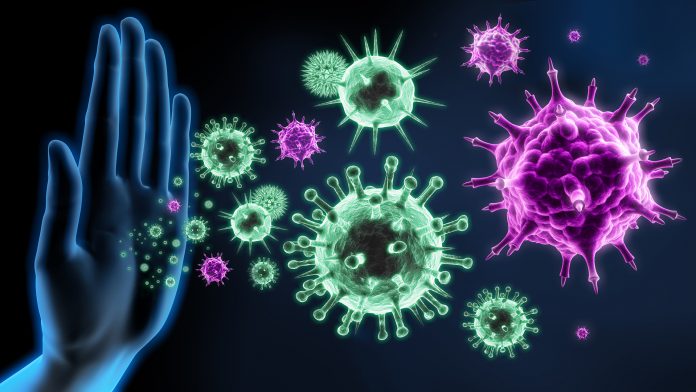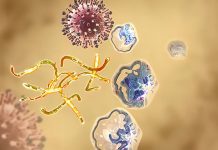
Researchers from the University of Bristol have discovered a way to reprogramme immune cells to kill cancer and slow tumour growth, creating new options for melanoma treatment.
The research, which has been published in the journal Advanced Science, demonstrates a new way to clear both early and late-stage cancerous tumour cells.
The researchers used miniature artificial capsules called protocells to reprogramme cargoes that are taken up by inflammatory white blood cells. These protocells convert white blood cells into a state that makes them more effective in slowing down the growth of melanoma cells. This process has been proven to work in both animal and human immune cells.
The study is the first to test the ability of protocells in delivering cargo for the reprogramming of immune cells. The findings have opened the potential to explore new melanoma treatment options.
Giving immune cells the ability to kill cancer
“Our immune cells have a surveillance capacity which enables them to detect pre-cancerous cells arising at any tissue site in the body. However, when immune cells encounter cancer cells, they are often subverted by the cancer cells and instead tend to nourish them and encourage cancer progression. We wanted to test whether it might be possible to reprogramme our immune system to kill these cells rather than nurture them,” explained Paul Martin, Professor of Cell Biology in the School of Biochemistry at the University of Bristol and one of the study’s lead authors.
The concept was first tested by researchers in the larvae of zebrafish. Zebrafish were chosen due to their translucency, which allowed the researchers to watch the inflammatory immune cells interact with the cancer cells.
The researchers administered protocells loaded with anti-miR223 molecules into the zebrafish. Anti-miR223 cells bind to and interfere with signalling mechanisms in the inflammatory immune cells, prolonging the pro-inflammatory state of the cells. This was shown to improve altered immune cell-cancer interactions causing the growth of cancer cells to slow down and increase tumour cell death in the larvae.
This process was then repeated in adult fish with tailfin melanomas. This gave the researchers an idea as to whether the approach could be upscaled for therapeutic use in humans. The researchers found that the process was successful in inhibiting melanoma cell growth in adult fish.
Developing the melanoma treatment for human use
To complete their investigation into the feasibility of using protocells as a melanoma treatment in humans, the team conducted an in vitro assay with primary human immune cells. The results showed that the protocells did effectively deliver and reprogramme human immune cells to adopt anti-cancer properties.
“Our results highlight the therapeutic benefits of harnessing host immunity to eradicate cancers and demonstrate the feasibility of using protocells to deliver cargoes for reprogramming innate immune cells,” said Professor Stephen Mann from Bristol’s School of Chemistry and the Max Planck Bristol Centre for Minimal Biology.
While our experiments in zebrafish are early pre-clinical studies, our results indicate that the same is possible for human immune cells, at least in vitro, and can be similarly reprogrammed to suppress cancer growth,” concluded Professor Mann.
























